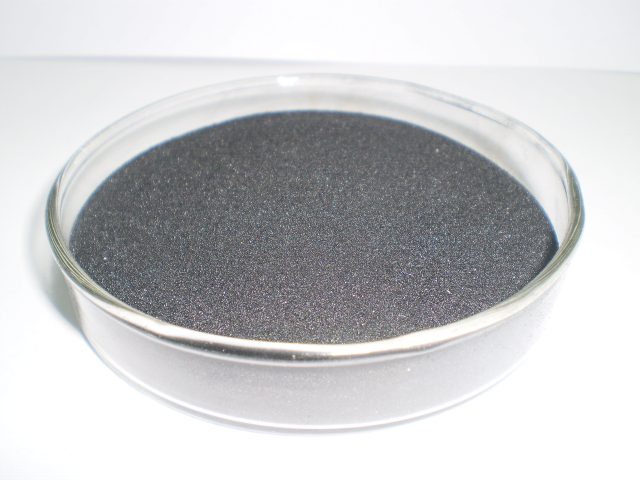The fulvic acid substance plays a huge role in alleviating the agricultural drought hazard. Although the fulvic acid products produced by different sources and different manufacturers have different effects on the crop and the effect on the transpiration resistance of the crop, However, a large number of test results show that the drought resistance function of the source fulvic acid is the most obvious.
Reduce the opening of the pores and reduce the transpiration of water. Two days after spraying, the pore width was reduced by 72.7%. On the 9th day, the total transpiration was reduced by 13.7% compared with the control, and the soil moisture content was increased by 1.5%. The results of continuous observation showed that the effect of reducing the opening degree of the pores after application lasted for more than 12 days, and basically disappeared on the 13th day. Afterwards, the test results of the Hami City Agricultural Bureau of Xinjiang further verified the mechanism of anti-transpiration of fulvic acid. They sprayed different concentrations of fulvic acid at the booting stage of wheat, and found that with the increase of dosage and concentration, the stomatal closure degree increased correspondingly, and the duration of drug effect was also extended, up to 22 days.
Promote root development and increase root activity. Zhu Hansu used wheat to carry out fulvic acid seed dressing, and investigated the number and length of secondary roots. The effect can be continued from the seedling stage to the wintering and returning stage. In the field investigation, the planting of the seed dressing was robust, the root-shoot ratio was increased, the senescence of the lower leaves was delayed, the number of green leaves remained, the photosynthetic area increased, and the dry matter accumulation increased.
The fulvic acid also has obvious effects on the growth and vitality of roots such as corn, rice, peanut and sweet potato. Corn was mixed with 0.5% fulvic acid, the average root length increased by 3.6 cm, the number of roots increased by 1.3, and the dry matter weight increased by 1.45 g, thereby increasing the absorption of nitrogen, phosphorus and potassium in the soil. Whether it is seed dressing, soaking or spraying.
The effect on soil water holding capacity. Spraying fulvic acid inhibits crop transpiration, slows down soil water consumption, and increases soil water content. In addition, fulvic acid has the effect of improving soil structure, which is conducive to maintaining soil water balance and saving water and water. The crop can be smoothly passed through the dry period. Meng Yuanping test measured the change of soil water content in different periods after spraying fulvic acid on wheat, and the consumption decreased by 4.3%–5.1% within 10-20 days after spraying. It has also been reported that after spraying fulvic acid on corn, the water content in different deep layers of soil increases by 7.0%–35.7.

